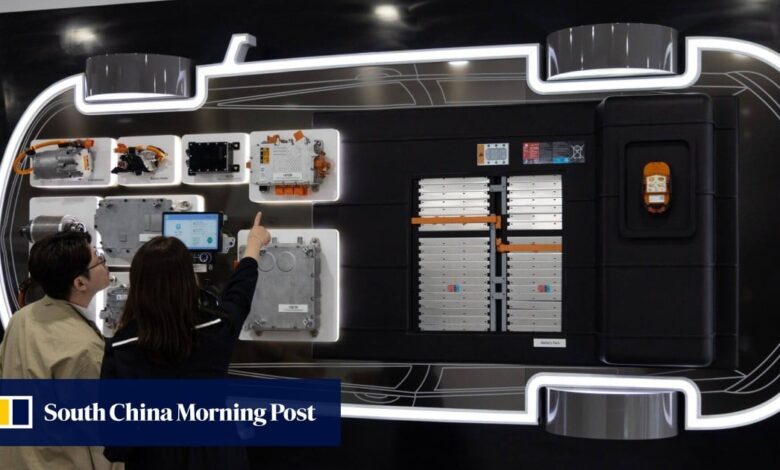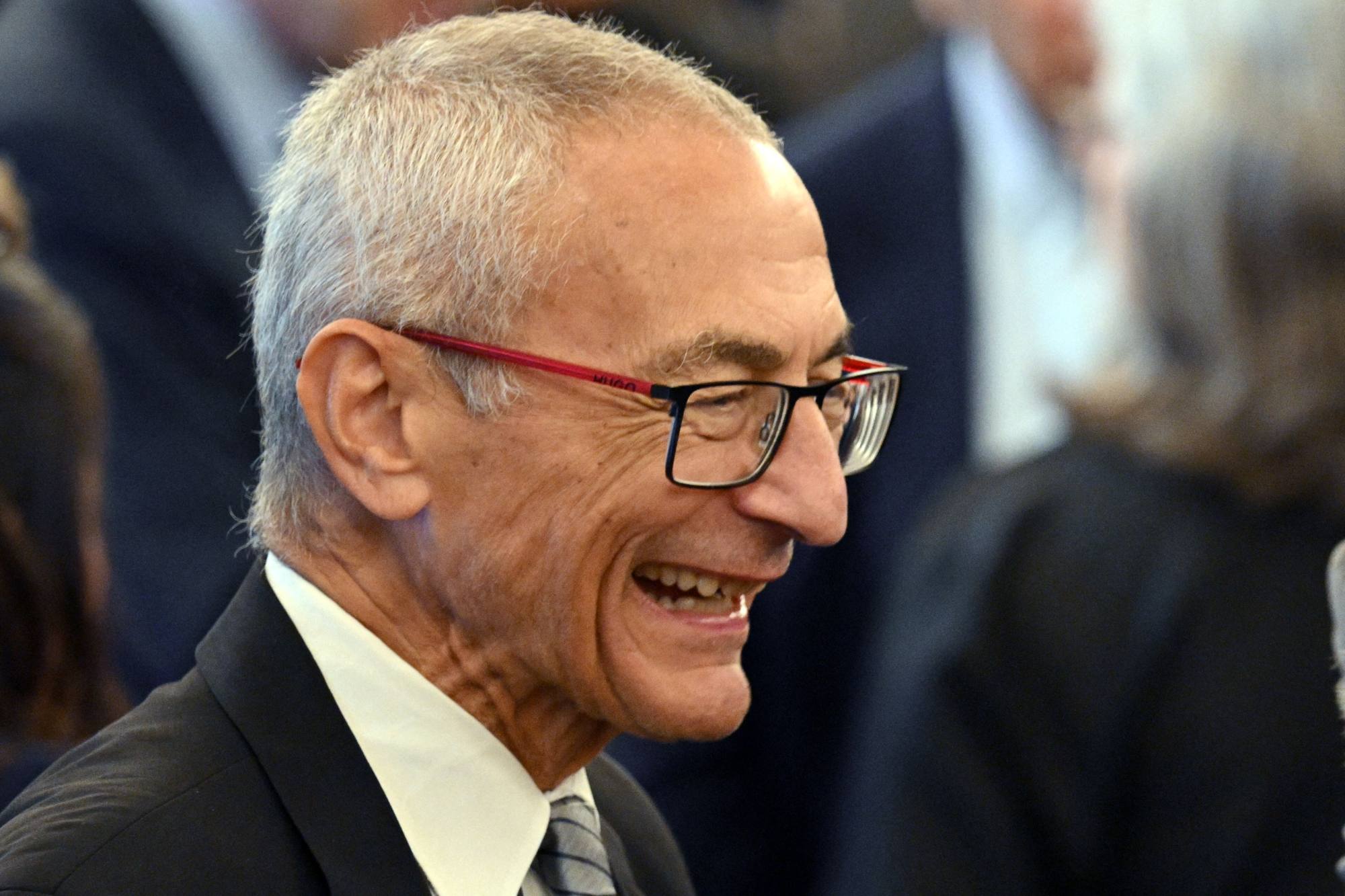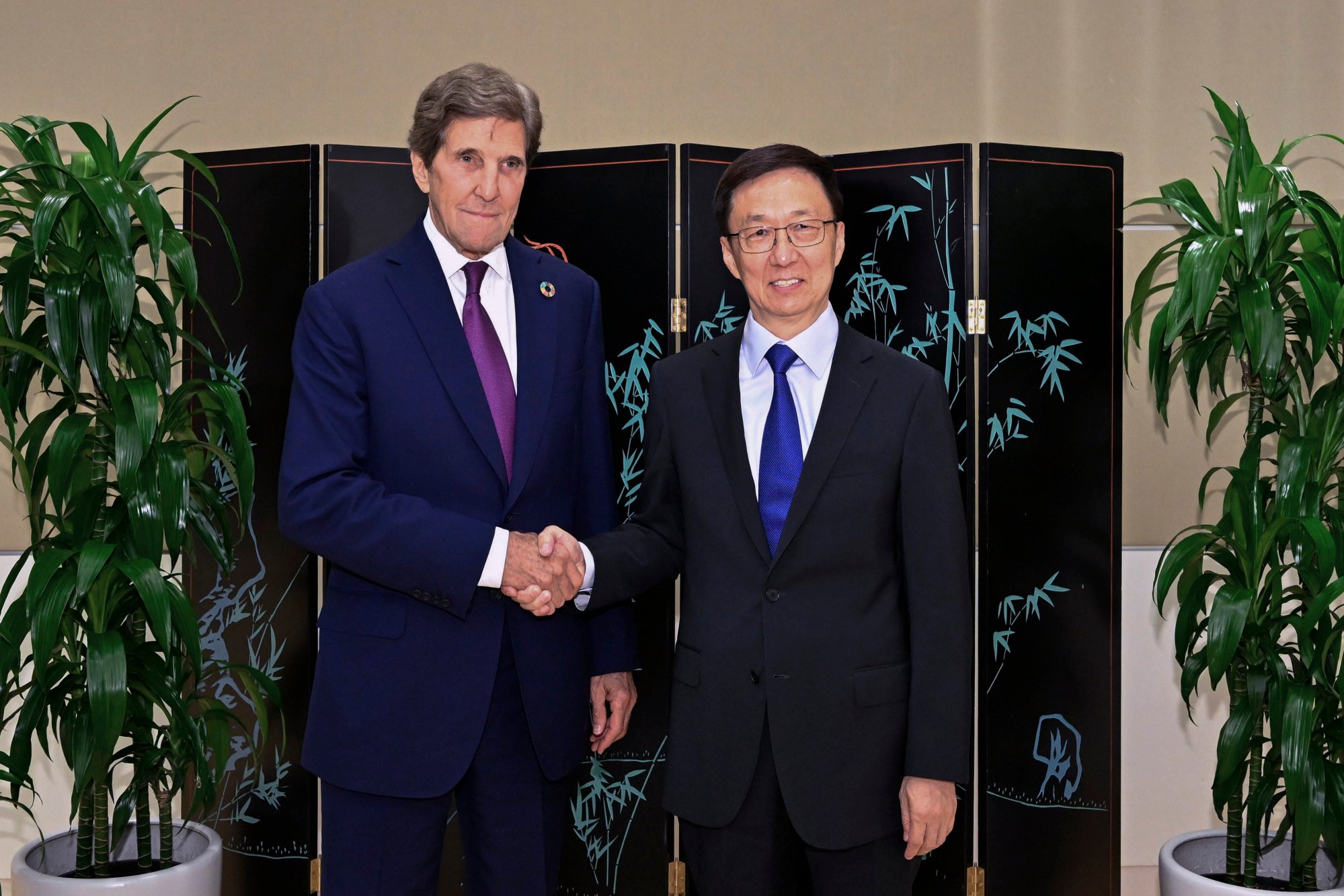US urged to work with technology leader China on transition to clean energy

A year after the passage of the Inflation Reduction Act – which contains over US$300 billion in incentives and tax breaks to increase domestic manufacturing of electric vehicles and self-reliance in clean energy by 2032 – experts say that achieving the ambitious target requires working with China despite calls for cutting all cords with the world’s EV giant.
“The Chinese are ahead of us in technology, they have production capacity that we have not built, they have control over supplies that we do not have. And they know how to do it, they put the whole system together,” said Kenneth Lieberthal, a senior fellow emeritus in the foreign policy programme at Brookings Institution, a think tank in Washington.
He spoke on Wednesday during a Brookings panel discussion on the impact and progress of the Inflation Reduction Act (IRA), US President Joe Biden’s signature climate legislation. Lieberthal warned that for “the US to go in and not deal with Chinese … is simply to delay our transition and our capacity to deal with these problems on our own”.
He said the Biden administration “recognises very clearly” that we have to develop our own capabilities. “But it’s going to take time.”
China, a global leader in EV technology and battery production capacity, extracts more than 75 per cent of the world’s graphite and processes over 80 per cent of critical minerals like lithium, cobalt and graphite supplies – all essential to EV battery manufacturing.
The official Biden chose to oversee the execution of the IRA, John Podesta, pitched the law’s continuing progress on Wednesday. He said the US was in a “completely different position” than when Biden took office, citing more than US$135 billion in investment pledges by the private sector in the EV supply chain.
While Podesta acknowledged China’s dominance in the supply chains for “upstream clean energy technologies” as a result of the US “ceding ground to them for decades, letting jobs and factories go overseas”, he said that Washington was “rewriting the playbook” but has “more ground to cover”.
Global EV transition to accelerate further as battery costs slide
Global EV transition to accelerate further as battery costs slide
“That’s why President Biden is investing in America,” he said. “It’s why we’re working with our allies around the world, from the EU to South Korea, to secure reliable supplies of critical minerals.”
But citing opposition to US automaker Ford’s tech licensing deal with China’s CATL and concerns raised by US allies over the IRA, Lieberthal cautioned against protectionism.
“If the Chinese have the capacity to dominate these industries, and we’re just going to sit there and say, ‘Well, we can’t deal with any of them. We’re going to have to do it on our own and we’re going to be fairly protectionist in the way we approach this,’ so even our friends and allies have concerns about how we’re doing it. I think that multiplies our problems.”

At a time when competition between Beijing and Washington has narrowed the scope of cooperation, Biden officials have often listed climate as an area where collaboration still seems probable.
On Tuesday, US Trade Representative Katherine Tai said it was important to pursue a policy of “correction and rebalancing” through trade with China.
“We can’t divorce China economically. So how do we also try to make this relationship work? And I think that on climate, that should be an area where our interests are aligned,” she said.
China and the United States are the world’s two largest carbon emitters, and Biden has promised to cut emissions by 50-52 per cent by the end of the decade. In 2021, Chinese leader Xi Jinping said the country would peak emissions by 2030 and become carbon neutral by 2060.

Podesta called US climate envoy John Kerry’s visit to Beijing in July an attempt “to stimulate more positive dialogue” but said the “whole world” needed to pressure China to stop building new coal power plants and start retiring the old ones “now and not in the 2030s”.
Lieberthal, however, said discussions on top line carbon reduction commitments were “fruitless” because Beijing “will do a lot on carbon reduction, on greenhouse gas emissions reductions, but they aren’t going to do it because we’re pushing them”.
But, he added: “I deal with a lot of people in China who are technicians and serious players in those other areas, and they’re very anxious to cooperate with the United States.”





